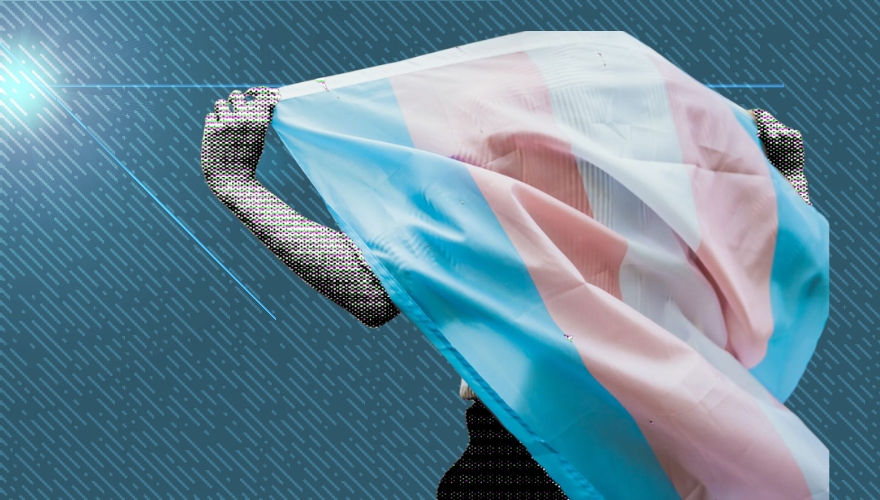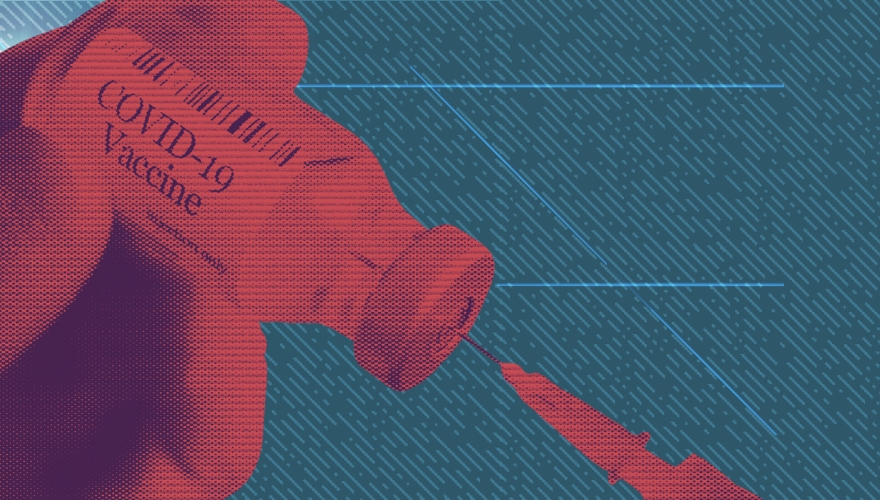A judge in Montana has temporarily blocked a new law restricting what forms of medical intervention can be offered to minors with gender dysphoria or who identify as transgender.
The law, SB 99, known as the Youth Health Protection Act, was passed in early 2023 and scheduled to go into effect on Oct. 1.
District Court Judge Jason Marks granted a preliminary injunction on Sept. 27 after ruling the law is likely a violation of the state’s Equal Protection Clause. Opponents of the bill have argued that the law focuses on an individual’s status as transgender and therefore discriminates based on sex.
Two endocrinologists and two families of transgender-identifying minors sued Montana over SB 99 in May.
Marks found that the group had successfully demonstrated that “they are likely to suffer irreparable harm in the absence of preliminary relief,
” in part because “barring access to gender-affirming health care would negatively impact gender dysphoric minors’ mental and physical health.”
“The Court recognizes that the Defendants have put forth compelling medical evidence, but that alone does not render Plantiffs’ evidence moot or unreliable,” wrote Marks in his ruling. “At this stage, the Plaintiffs have put forth sufficient evidence to satisfy the preliminary injection factors and succeed on their Motion. The Court emphasizes its findings here are not binding at trial, which will bet the appropriate time to fully evaluate the merits of the competing evidence presented in this case.”
The Montana Attorney General Austin Knudsen’s office intends to challenge the ruling.
"This is a preliminary matter at this point," said Emilee Cantrell, spokesperson for the office in a statement to Fox News. "We look forward to presenting our complete factual and legal argument to protect Montana children from harmful, life-altering medications and surgeries. Because of the irreversible and immediate harms that the procedures have on children, we will be filing a notice of appeal today."
The Montana legislature passed SB 99 earlier this year after intense debate and Governor Greg Gianforte signed the policy into law in April. Under the law, health care providers cannot prescribe minors with gender dysphoria or who identify as transgender hormone therapies as well as puberty blockers or perform genital alteration surgeries.
In an opinion piece published by the Daily Interlake, Montana’s Speaker of the House Matt Regier defended SB 99. He stressed the medical and financial burdens that result from the surgeries and treatments as well as the need for action.
Regier wrote:It is crystal clear that health care professionals have an incentive to promote sex change surgeries for minors.
A “bottom surgery” costs between $25,000 and $100,000; the hormones prescribed to transgender individuals cost hundreds or thousands of dollars per month. By promoting invasive, drastic and elective surgery, the medical industry can sell a lifetime of medication and other interventions.
There have been multiple negative effects, as well as suicide rates increased, among individuals that get a sex change surgery. Suicide is the fourth-largest cause of death for 15- to 19-year-olds globally each year. Within that age group, a recent study shows that nearly 34,000 transgender teens in the U.S. have shown alarming high rates of suicide attempts, depression and anxiety across liberal and conservative regions.
As Republicans in Montana, we must prevent these elective procedures for our children’s physical and mental health. Montana’s youth should not be able to make life-altering decisions before they are even eligible to vote or legally get a tattoo.
The Human Rights Campaign, an LGBTQ+ advocacy group, opposed SB 99.
“Denying transgender and non-binary youth – an extremely vulnerable group already – access to medically-necessary, age-appropriate, and scientifically supported medical care is dangerous, spiteful, and flies in the face of the recommendations of every major medical group in this country,” said Cathryn Oakley, the HRCs Legislative Director and senior counsel, in a press release. “Parents, doctors, and transgender youth together discuss possible care and make the deeply individualized decision about what kind of care is most appropriate for each young person. Politicians with no medical training and no real understanding of the harmful impact these bans have on transgender people should have no say in how best practice, age appropriate care is delivered.”

